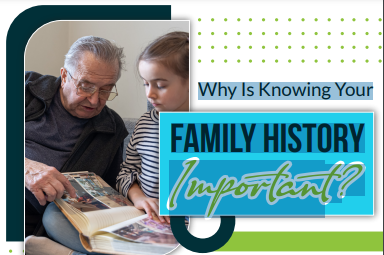-
Newspapers are one of the most underrated sources for genealogy research; many people don’t realize the value they add to family trees. Most of the other records you explore will help you find the full names of people and where
-
About 32 million Americans identify as Irish, while there’s also a significant part of the population that suspects they might have Irish heritage—this is about 1 in 12 people. These staggering statistics that show America’s Irish population as more than the
-
Just like here in the US, the United Kingdom also holds a census every 10 years. It started in 1801 and continues to this day. In the US, we started it a few decades earlier; however, if you can’t find your
-
If you have French ancestry, you’ll enjoy the expansive scope of genealogy research for French roots. In the first part of this blog series, we discussed how French history intertwines with American history. We also discussed the importance of looking
-
Discovering and retaining your family’s history has numerous long term benefits including: Social Benefits Medical Knowledge Preserve Your Traditions
-
Tracing your way back to your ancestor’s hometown is nothing less than a genealogical feat. Most family researchers are able to trace back their bloodlines through centuries, making it all the way to their immigrant ancestors. Yet, finding an immigrant
-
If you really think about it, studying bloodlines isn’t exactly new for even rookie researchers. We’ve been doing that since school—in history classes! Bloodlines are clearly more than just ties to a family tree; they’re extensive roadmaps through histories relating
-
We all know people who tell tall tales about being related to historically famous figures. Most of the time, we don’t really give their claims much attention, but things change drastically when we know they’re into genetic genealogy or family research—the
-
67% of people feel wiser after knowing about their family. The study of genealogy can strengthen family connections.









